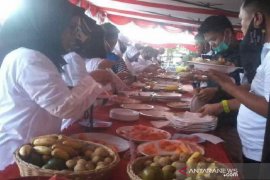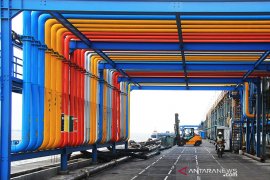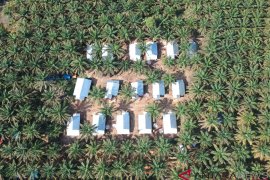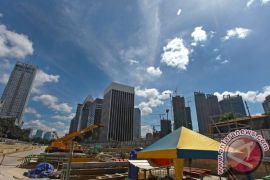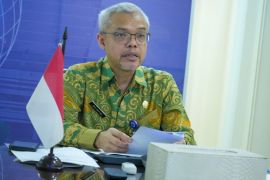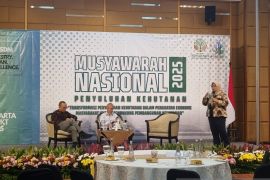The economy grew 5.27 percent in the second quarter when the government disbursed civil servants` holiday allowances, he stated at the Central Statistics Agency (BPS) building here on Wednesday.
In general, public consumption in the third quarter faced a lot of challenges as the prices of several commodities, including eggs and chickens, went up after the post-fasting month festivities, locally known as Lebaran, he noted.
On the other hand, the rising government spending on social assistance and subsidies, which contributed to maintaining consumption, is expected to boost the third-quarter growth, he noted.
He added that the rupiah`s weakening against the dollar had given a negative contraction to the economic growth.
The rupiah`s depreciation prompted manufacturing industries to operate efficiently by postponing the purchase of new machines for business expansion using the dollar, he explained.
He further noted that interest pressure can also be seen from several banking credit interests. The rising credit interest has caused investors to postpone their business expansion.
"What is worse is the exports which are affected by trade protection. Palm oil and rubber exports have gone down. On the other hand, imports are quite high, particularly the import of oil and gas as well as several raw materials for infrastructure projects," he pointed out. **83***
Reporting by Calvin Basuki
Editing by Suharto, Bustanuddin
Reporter: Antara
Editor: Fardah Assegaf
Copyright © ANTARA 2018

